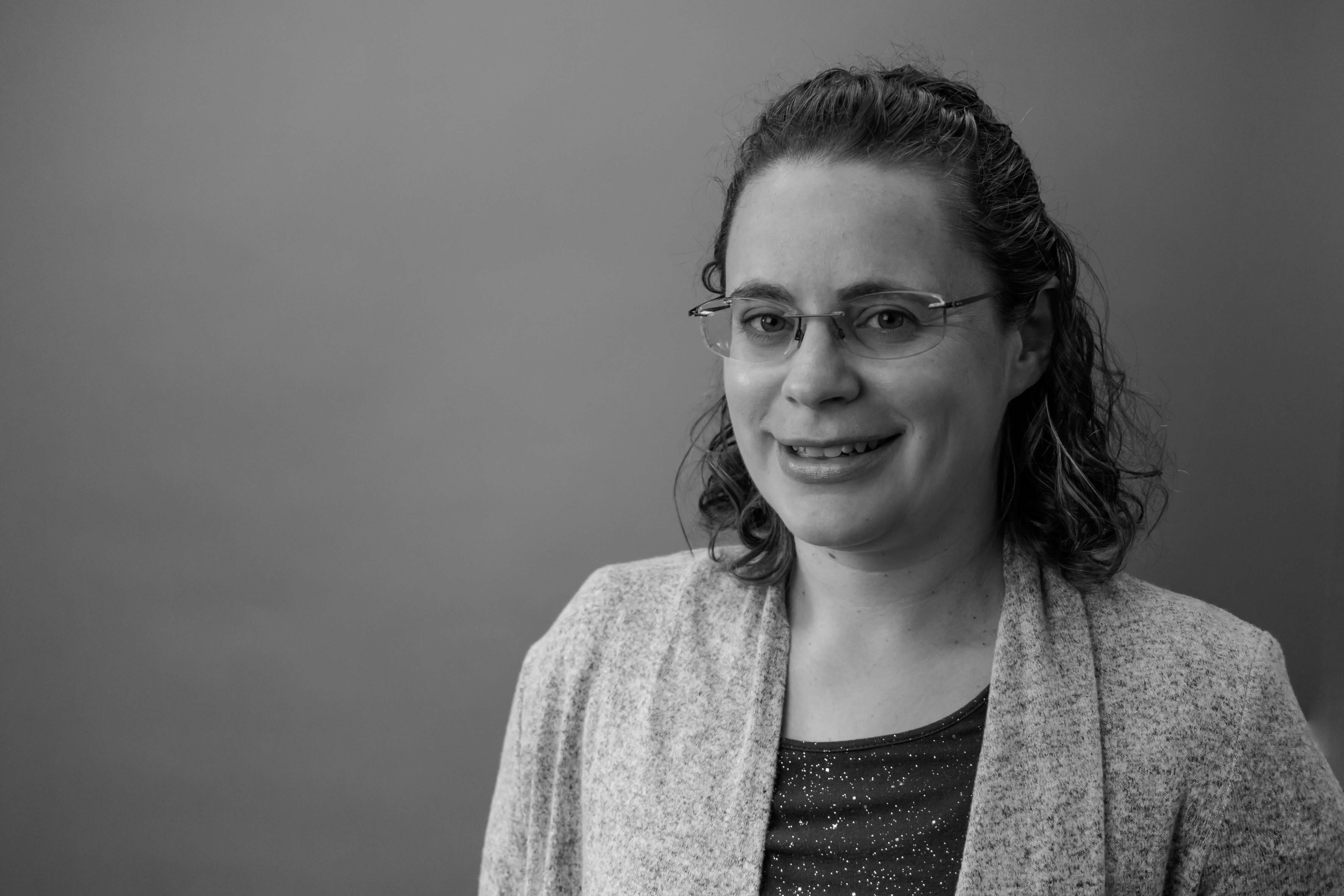
Faces of Innovation—a new GHTC project that features scientists on the front lines of research and development on new global health tools and technologies—profiles Dr. Katie Button-Simons, who we met at the American Society of Tropical Medicine and Hygiene Annual Conference, who does research on drug-resistance in malaria at the University of Notre Dame in Indiana.
My name: Katie Button-Simons, PhD, MS
Where I work: University of Notre Dame in Notre Dame, Indiana
I’m funded by: National Institutes of Health and National Science Foundation
My research: We try to understand how malaria becomes resistant to drugs—so you want to find particular genes that control the resistance so that we can watch how those arise and spread in the field so that we can provide recommendations for local health agencies about what drugs they should be using to treat people and—more long-term—so that we can identify good targets for drug development and drugs that are already in the pipeline that will work well.
Motivation: I am really interested in understanding how parasites and other pathogens evolve resistance. It didn’t so much matter to me which organism I worked on, although malaria is really interesting because it so quickly evolves resistance and does so to pretty much everything we throw at it—and not all pathogens can do that as readily.
Why federal support is critical: The diseases that are common in other areas of the world are really putting a heavy burden on those areas and it really affects what people are able to do. If we can remove some of that disease pressure then we’re going to see a sort of revolution around the world. I’m really lucky to be where I am, and if I had been born in a different region of the world where I didn’t have everything that I’ve grown up with, I couldn’t be here. I see so much potential that goes unrecognized everywhere else because of the disease pressures that are in those regions. If we can get rid of those, then we can make great strides together.
When I’m not in the lab: I really like hiking and soccer and reading.

